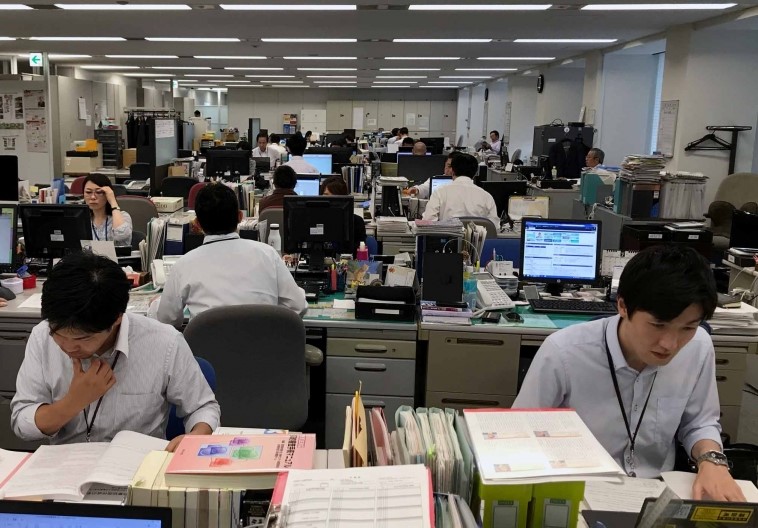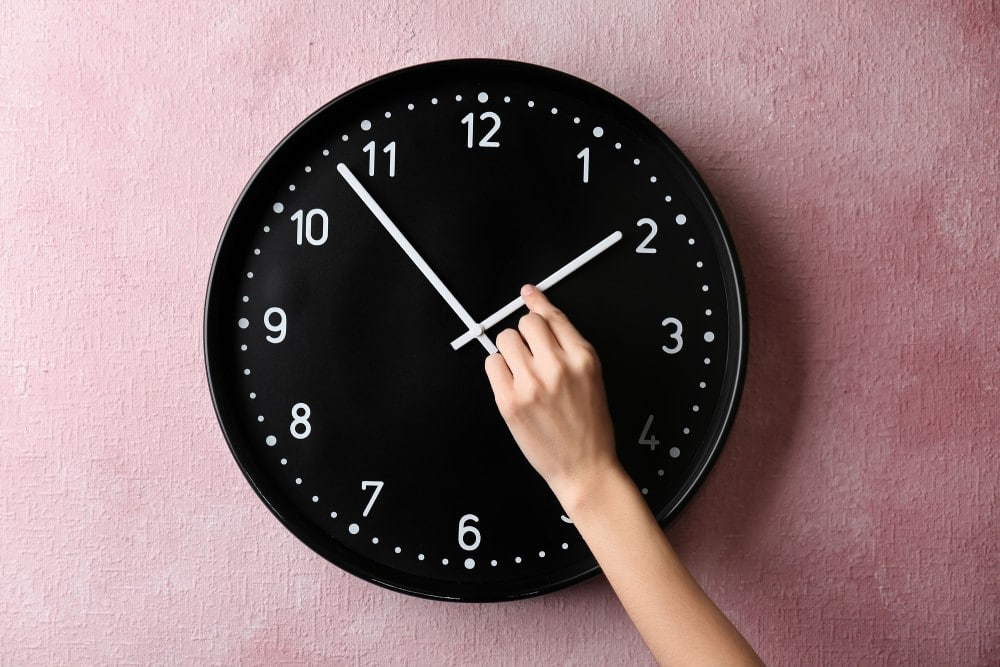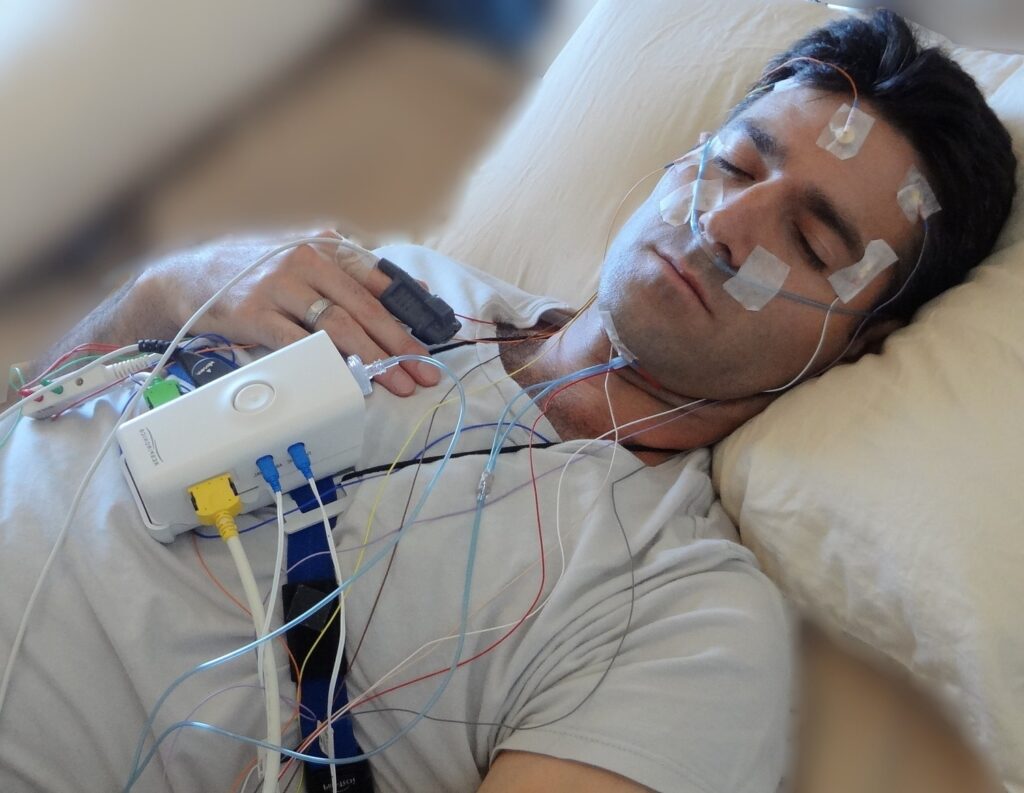

Pathological insomnia has both short-term and long-term implications on mental health. For instance, people that don’t get enough sleep suffer from memory loss, mood swings, stifled creativity, and an inability to concentrate. In severe cases, sleep deprivation could even cause impulsive behavior, suicidal thoughts, mania, paranoia, and depression. Based on studies published on CNN Trusted Source Insomnia in adults linked to heart attack and stroke | CNN A new study of a half a million adults found a significant link between symptoms of insomnia and a higher risk for heart attacks and stroke. www.cnn.com , there’s also a strong link between insomnia and cardiovascular diseases.
Unfortunately, chronic insomnia is a global problem that carries a very high social cost. In the past, there wasn’t any reliable data on the impact of insomnia among Austrians and how it affects the help-seeking behavior of the affected, until now. Eva Schernhammer, an epidemiologist from MedUni Vienna, and Stefan Seidel, a sleep researcher from MedUni Vienna’s Department of Neurology, recently conducted a study on the same. Their research revealed that around 7.8% of middle-aged Austrians (between 18yers and 767 years) are struggling with chronic insomnia. This percentage is similar to statistics in most European countries.
The researchers conducted their study among 1,004 people, half male and half female, by surveying them online. They then classified the participants based on ICSD-3 (International Classification of Sleep Disorders). This classification is usually used in research institutions, medical sleep clinics, and sleep laboratories globally and is the industry standard. Stefan Seidel highlighted that when they interpreted the data using criteria that are less strict compared to ICSD-3, then the data reveals that 8.9% are struggling with pathological insomnia. Sadly, of these people, only 1 in 2 people seek professional help, and this is a clear indication that there’s a critical need for better education and screening among middle-aged Austrians.
The researchers conducted the online survey in 2017, and the findings revealed that most of the people affected voted for “much” to “very much” when asked whether their condition impacted their daytime functioning. Those that only exhibited symptoms of chronic insomnia voted for “somewhat.” 8.9% of the participants classified sleep disturbances as a symptom of chronic insomnia (broad definition), while 7.8% classified as chronic insomnia (ICSD-3 definition). Unfortunately, the rates for active help-seeking were very low, and only 53% of the population that has chronic insomnia and 26% of those who exhibit symptoms sought help. Most of the time, people fail to actively seek professional help for pathological insomnia due to the stigma associated with such times. In other instances, they don’t really think that’s it’s a problem worth addressing. This is a clear indication that there’s a need for public health initiatives that educate people on the benefits of early treatment for insomnia. According to the BBC Trusted Source Search BBC Disrupted routines and ongoing uncertainty are contributing to a surge in insomnia. What can we do about it? www.bbc.com , the rate of chronic insomnia increased during the pandemic. Acute insomnia sometimes goes away on its own, but pathological insomnia requires treatment.
Contrary to popular belief, sleep isn’t a period of inactivity. The body and brain use this time to repair themselves in preparation for the next day. During some sleep cycles, the brain unclutters itself by consolidating the day’s memories and processing any that seems important. When people lose sleep, they deny their bodies the time to perform these tasks and end up suffering from cognitive impairment.





